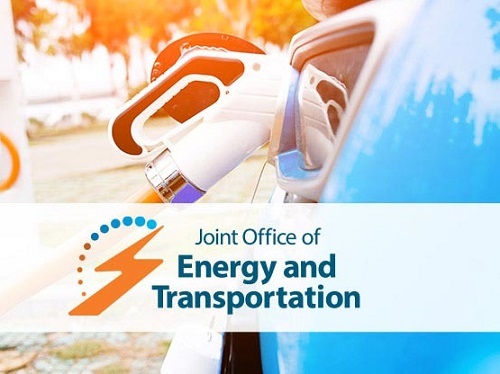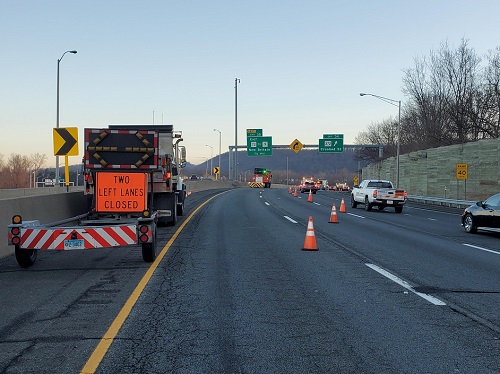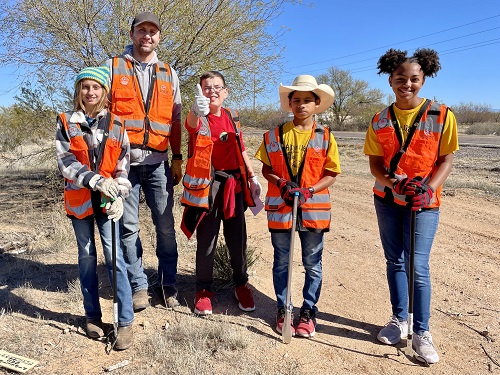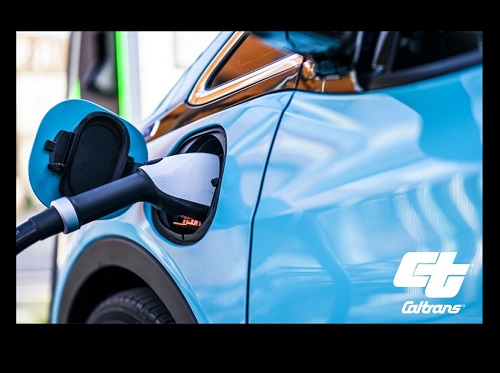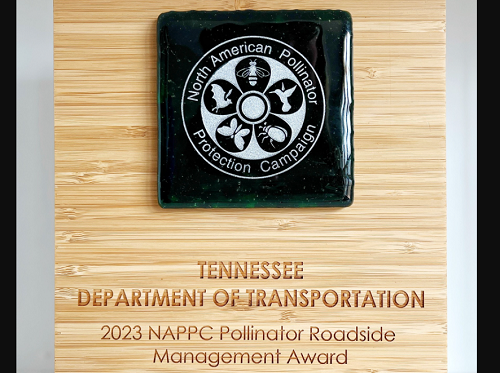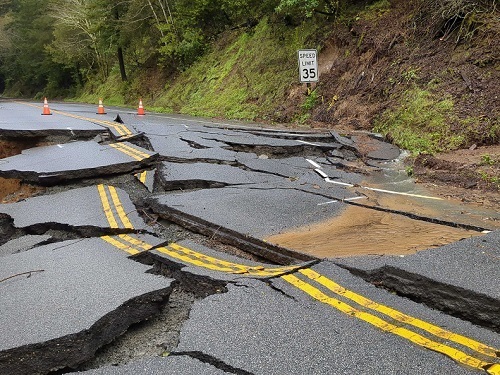Fourteen state departments of transportation are plugging into more than $141 million in Federal Highway Administration grants to repair or replace thousands of electric vehicle or EV charging ports via the Electric Vehicle Charger Reliability and Accessibility Accelerator program.
[Above photo by Caltrans]
The California Department of Transportation – known as Caltrans – leads the list in the amount of money received and will get $63.7 million to put 1,302 EV ports back in service; solidifying California’s role in leading the nation in EV infrastructure development.
California has 43,503 public EV charging ports at 15,571 stations, representing more than 25 percent of all EV infrastructure in the country, according to the U.S. Department of Energy’s Alternative Fuels Data Center.
The money “will allow California to continue to lead the nation in zero-emission-vehicle adoption, increasing reliability and cutting planet-warming pollution,” explained Toks Omishakin, secretary of the California State Transportation Agency, in a news release.
Across the country, about 8,700 public charging ports at 4,500 stations are unavailable because of maintenance issues. These grants, under the umbrella of the National Electric Vehicle Infrastructure or NEVI formula program, will repair or replace almost half of those ports.
As of January 30, there were 162,924 operational public EV charging ports in the country, representing a 26 percent increase from January 2023. The Biden administration’s goal with the NEVI program is to get 500,000 EV chargers online by the end of the decade.
In California, the repaired and replaced chargers will be deployed at existing charging stations in urban and rural areas and along Alternative Fuel Corridors, noted Caltrans Information Officer Nicole Mowers.
“Policies and investments across the state have made California the nation’s leader in electric vehicle deployments, sales percentages, and public charging infrastructure,” she explained. “Actions at the federal level, including historic funding through the Infrastructure Investment and Jobs Act, and actions in other states are supporting rapid growth in EVs across the country.”
The Indiana Department of Transportation received $778,600 to repair or replace 55 charging ports. INDOT is participating in the program and has partnered with other government and non-profit groups, including Drive Clean Indiana.
“It was a collaborative partnership with INDOT to put in the grant application,” said Ryan Lisek, program director for Drive Clean Indiana. “I think it’s great that, in the heartland of America, we were able to get these funds.”
Although the program was for replacing – not adding – EV charging ports, Indiana will be able to add two ports each at about 20 stations, he noted. The grant guidelines allow for new ports to be added at existing stations if the new ports and parking areas meet accessibility guidelines under the Americans with Disability Act.
Increasing capacity is important for a state like Indiana, which doesn’t have the EV ownership numbers or infrastructure of states like California, Lisek said. Indiana has 6.6 million registered vehicles, but only about 24,000 EVs.
“I think it comes down to, if you want people to come to your home state and you want good paying jobs and have good economic development to attract folks, you need to have this EV infrastructure,” he emphasized. “You want to be able to attract new technology.”
Other state DOTs that received grants for EV charger fixes via this round of grant funding include:
- New York State Department of Transportation: $13 million for 335 ports
- Washington State? Department of Transportation: $10.1 million for 560 ports
- Oregon Department of Transportation: $10 million for 421 ports
- Colorado Department of Transportation: $8.3 million for 363 ports
- Illinois Department of Transportation: $7.1 million for 110 ports
- Hawaii Department of Transportation: $6.9 million for 74 ports
- New Jersey Department of Transportation: $6 million for 247 ports
- Pennsylvania Department of Transportation: $5 million for 293 ports
- Maryland Department of Transportation: $4.4 million for 44 ports
- Utah Department of Transportation: $3.4 million for 77 ports
- Michigan Department of Transportation: $1.8 million for 170 ports
- New Hampshire Department of Transportation: $683,000 for 4 ports
The FHWA’s grant program also awarded $5.3 million to local and regional agencies to repair or replace another 223 ports.


